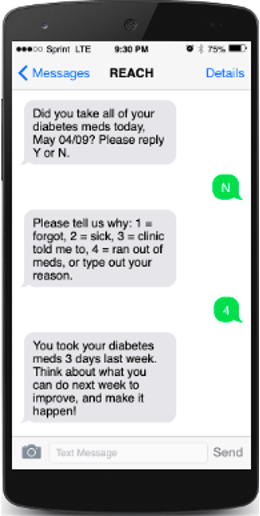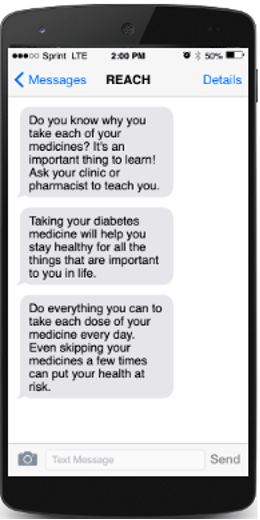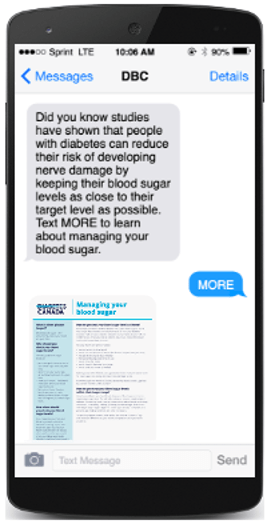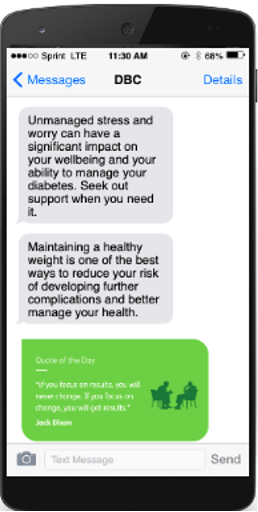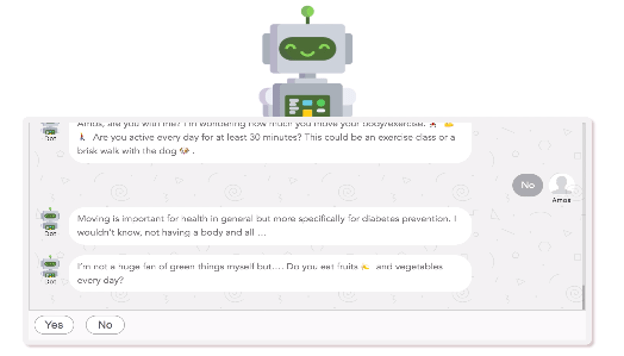MEMOTEXT Data Science has validated a series of feature predictors to address clinical business needs such as: identifying high cost plan members, drug switching in early stage treatment, and likelihood of disease onset.
Machine learning allows digital health interventions and higher touch resources to be proactively targeted to the right people. Some of these features include demographics, medication utilization, drug-level specific information, suspected diagnoses and claiming patterns. Outcomes from a study conducted showed an 83% accuracy in prediction.
To increase program engagement an intake assessment chat bot based on a validated Pre-Diabetes risk assessment has been shown to increase recruitment/enrolment completion rates.
The ChatBot determines the level of risk for Pre-Diabetes and can determine and provide tools and resources available to help manage and/or reverse the risk. It will also collect information to help with segmentation for the educational and supportive messages.



